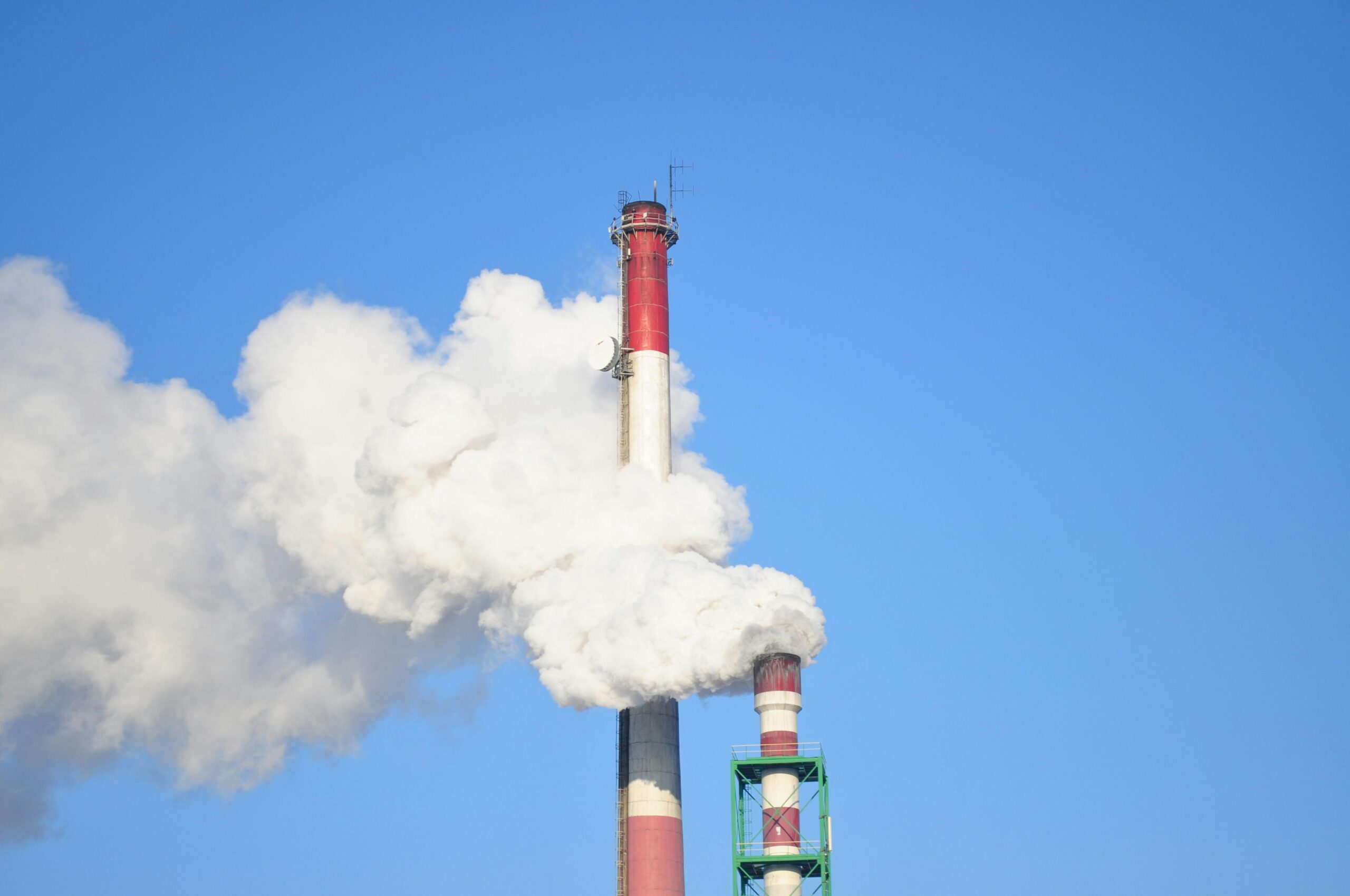Ahead of its annual meeting in Davos next month, the World Economic Forum has cited research showing that climate hazards will slash 7% off corporate earnings annually by 2035, an impact akin to COVID-19-level disruptions every two years.
The reports— Business on the Edge: Building Industry Resilience to Climate Hazards, produced with support from Accenture, and The Cost of Inaction: A CEO Guide to Navigating Climate Risk, produced with support from Boston Consulting Group (BCG) —provide a roadmap for companies to navigate climate risks and unlock long-term value through decarbonization, safeguarding nature, adaptation and building resilience.
Extreme heat and other climate hazards are expected to cause $560–610 billion in annual fixed asset losses for listed companies by 2035, with telecommunications, utilities, and energy companies most vulnerable. Companies in energy-intensive sectors that fail to decarbonize face mounting transition risks as global climate regulations tighten, with carbon pricing alone potentially slashing up to 50% of earnings by 2030.
These risks, combined with cascading impacts on supply chains and communities, underscore the critical need for resilience strategies.
In contrast, businesses that invest in adaptation, resilience and decarbonization are already realizing tangible returns. Research from the Alliance of CEO Climate Leaders, which includes 131 global CEOs representing 12 million employees, shows that every dollar invested in climate adaptation and resilience can generate up to $19 in avoided losses, based on data from CDP, which helps companies and public authorities disclose their environmental impact It offers a blueprint for CEOs and their companies to navigate the risks and seize the opportunities with evidence that most industries could abate over 50% of their emissions cost economically in a fast-transition scenario.
Photo credit: Pixabay
UK food security at risk
Numbers of hungry and malnourished households in the UK are on the rise because of climate breakdown and inflation, government figures show, with poorer, younger and disabled people hit hardest.
The United Kingdom Food Security Report 2024 shows that
- Extreme weather events continue to have a significant effect on domestic production.
- Long term decline in the UK’s natural capital is a pressing risk to UK food production
Reported in The Guardian Food insecurity rising in UK because of climate breakdown, Defra report finds
